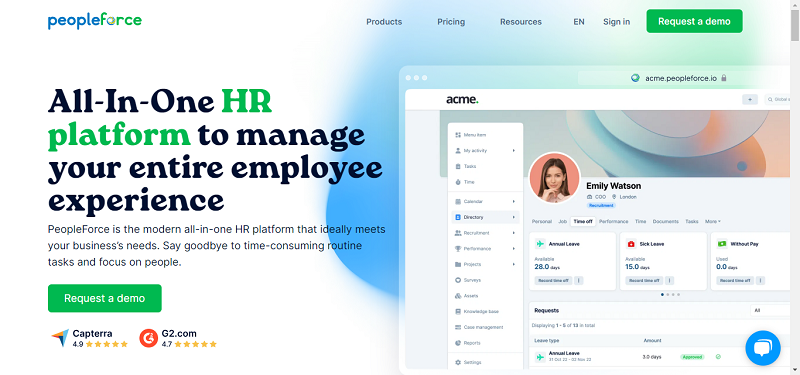How to find the right partner for cloud adoption on an enterprise scale
The cloud is capable of delivering many benefits, enabling greater collaboration, business agility, and speed to market. Cloud adoption in the enterprise has been growing fast. Worldwide spending on public cloud services will grow at a 19.4% compound annual growth rate to go from billion in 2015 to 1 billion in 2019, according to IDC.
“Over the past several years, the software industry has been shifting to a cloud-first (SaaS) development and deployment model. By 2018, most software vendors will have fully shifted to a SaaS/PaaS code base,” said Frank Gens, a chief analyst at IDC.
But the boosts in efficiency and your bottom line that cloud adoption brings are not a foregone conclusion. In order to realize those benefits, it’s vital to find a reliable cloud services provider or integrator. The right partner can provide a platform that enables digital transformation and fosters innovation. As you begin your search, here are some key concepts that should be at the forefront of your mind.
Security may not be the barrier to cloud adoption that it once was. Almost 65% of IT and security professionals surveyed by Skyhigh Networks agreed the cloud is either as secure or more secure than On-Premises software. However, the firm also found that the average organization experiences 19.6 cloud-related security incidents every month. Attitudes may be shifting, but security concerns still loom large for many companies.
It’s important to find a cloud services provider that you can really trust. Seek a partner with proven security expertise, a solid platform for data sovereignty, and an impeccable track record. Ensure that they understand security is an ongoing battle, and have a continually evolving long-term release plan in place to address potential security issues.
One of the main advantages of the cloud is the fast scalability and business agility it can provide, so it’s important not to get walled in. Hybrid capability is important, and you want to be able to transition quickly and easily when you see a potential advantage.
The services you adopt should allow you to leverage the public cloud and integrate partner services. You want something that supports the usage of any public cloud, allowing for new service adoption down the line, but also leveraging essentials like Microsoft Azure. Consider how to handle peak demand and cater for customer preferences. It’s all about achieving the right balance to enable your business to grow and innovate.
For the sake of clarity and cost, standardized services are desirable. Consider the compatibility, safety, interoperability, repeatability, and quality that standardization can provide. A platform like office 365 will deliver a consistent experience for all of your customers and employees, regardless of the platform or the device they’re using.
Pick and choose the right blend of standardized software and open source technologies to create bundles that deliver the features you need without sacrificing the flexibility that enables you to stay competitive. Customized solutions are expensive, inflexible, and they lock you in to your partner’s roadmap.
You need to be able to deploy, manage and upgrade your software and applications easily. Look for reliability and a strong history of release stability to minimize disruption. You also want a partner with a good balance between compute workload and location. International coverage can boost performance significantly by delivering compute where the users actually are. A single, centralized location is a major bottleneck.
Performance reports, resource monitoring and service level agreements are all important, but you need to set tangible business goals at the outset and put metrics in place to test the effectiveness of your cloud services. You should have a deep understanding of the business advantages you’re expecting to achieve, and so should your partner. Look beyond the technical statistics and ask what they can do for your business.
A cloud services aggregator can take advantage of economies of scale to deliver services far more cheaply than you can ever manage internally, but finding the right partner is about more than cost. They need to be trustworthy, security-conscious, reliable and globally distributed. You need to retain the flexibility to adopt the emerging technologies that can drive innovation and creativity in your business.
By Nicholas Lee





